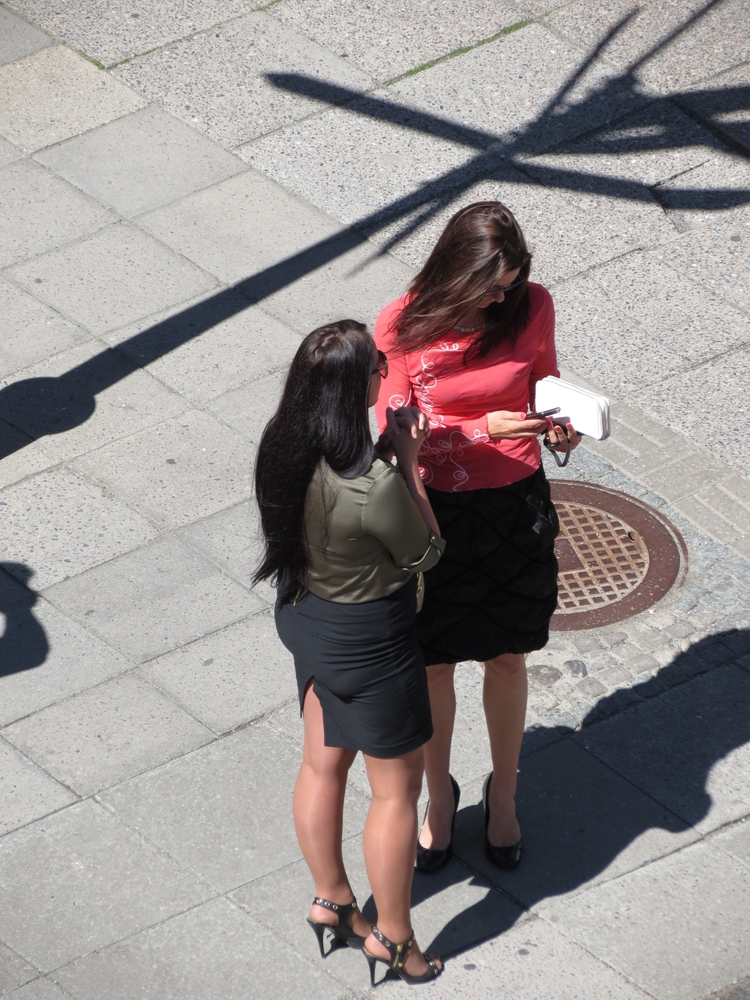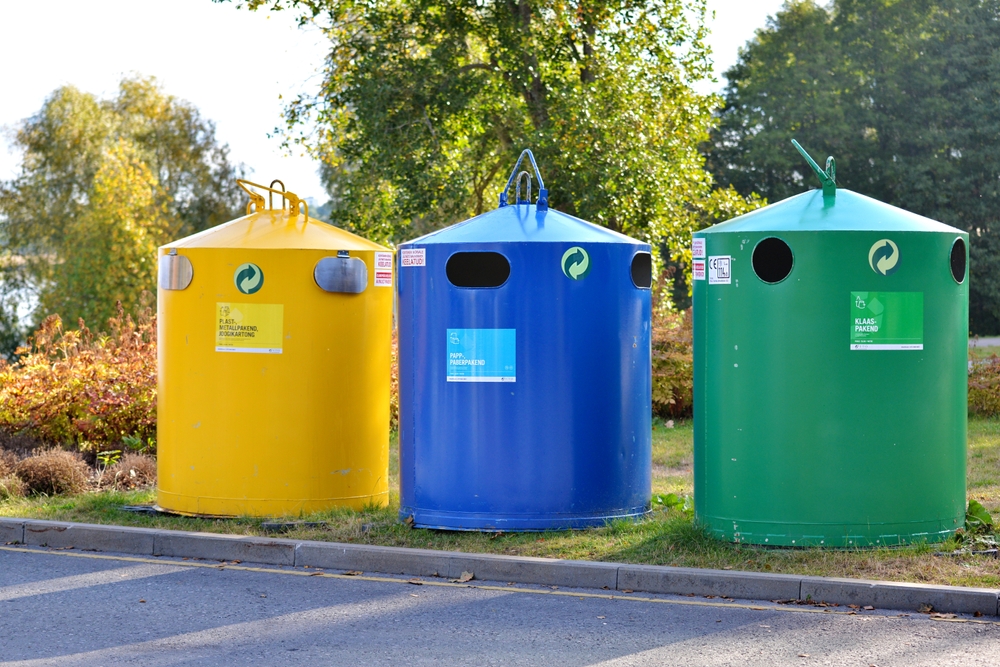Do dress smartly for the occasion.
Estonians generally dress smartly in public and business settings. Even in more casual situations, a neat appearance is valued.
Dressing appropriately for the weather is also important, as Estonia can have harsh winters and moderately warm summers. Wearing practical yet smart clothing shows that you are considerate of local customs and climatic conditions.
Do observe quiet hours.
Quiet hours are typically observed in residential areas from late evening to early morning. Respecting these hours by keeping noise to a minimum shows consideration for local residents. This practice is particularly important in apartment buildings and residential neighborhoods, where sound travels easily.
Do recycle and manage waste responsibly.
Estonia is progressive in terms of recycling and waste management. Properly sorting your waste and making use of recycling facilities reflects respect for these environmental efforts. This practice is not only eco-friendly but also deeply ingrained in local lifestyle, and participating in it can enhance your integration into the community.
Do be discreet and reserved in public.
Public displays of emotion, whether overly enthusiastic or negative, are generally avoided in Estonia. Keeping a calm and composed demeanor in public spaces is valued. This restraint is seen as part of being respectful and considerate to those around you, aligning with the local cultural preference for subtlety and privacy.
Do use electronic payment methods.
Estonia is highly digital, with widespread use of electronic payments. Carrying cash is less common, and using cards or mobile payment options is expected, even in smaller establishments and public transport. Adapting to this practice can make your transactions smoother and shows your adaptability to local norms.
Do respect personal space and privacy.
Estonians value personal space and a certain level of introversion is common in social interactions. It's important to respect this need for personal space by not standing too close to someone or making overly enthusiastic physical contact, such as hugging, when first meeting.
Respect for personal boundaries extends to conversations, where it's advisable to avoid overly personal questions until a closer relationship has been established. Understanding and respecting these boundaries shows cultural sensitivity and can help you form more meaningful connections with locals.
Do be punctual.
Time management is taken seriously in Estonia. Being punctual for meetings, appointments, and social gatherings is seen as a sign of respect and reliability.
Whether it's a business meeting or a dinner invitation, arriving on time is expected. If you anticipate being late, it’s courteous to inform the other party as soon as possible. This punctuality reflects well on your personal and professional reputation.
Do appreciate nature and the environment.
Estonians have a deep connection with nature, and preserving the environment is a significant aspect of national pride. When visiting natural parks or forests, follow the rules, stay on paths, and do not litter.
Participating in outdoor activities such as hiking, birdwatching, or picking berries and mushrooms demonstrates an appreciation for Estonia’s natural beauty. Such practices not only respect the environment but also align you with local values.
Do use formal greetings until instructed otherwise.
Initial interactions in Estonia are generally formal. It's common to use titles and last names until a more familiar relationship develops. Start conversations with a simple tere (hello) and use tere päevast (good day) as a respectful greeting. This formality in initial interactions sets a respectful tone and is appreciated in professional and casual settings alike.
Do try to learn and use some Estonian phrases.
Estonian is a source of national pride, and though many Estonians speak excellent English, attempting to speak the local language can earn you a lot of goodwill. Simple phrases such as aitäh (thank you), palun (please), and vabandust (excuse me) can go a long way in showing respect for the local culture. Learning to pronounce place names correctly is also appreciated and demonstrates your respect and interest in the country.
| Word or Phrase in English | Word or Phrase in Estonian | Phonetic Pronunciation |
| Hello (daytime) | Tere | TEHR-reh |
| Yes | Jah | YAHH |
| No | Ei | ay |
| Excuse me; I'm sorry | Vabanda; Vabandust | VAH-bahn-dah; VAH-bahn-doost |
| Please | Palun | PAH-loon |
| Thank you | Tänan | TA-nahn |
Copyright © 1993-2025 World Trade Press. All rights reserved.





